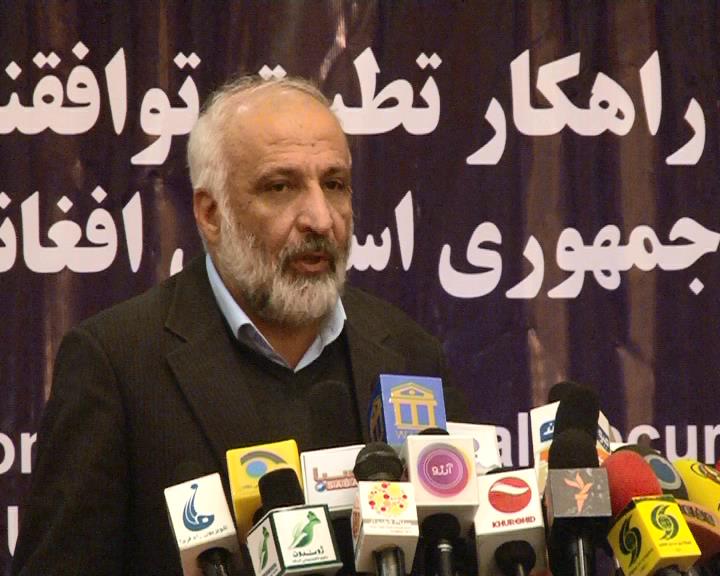Latest News
Afghanistan still needs regional cooperation in war on terror

Afghanistan Ministry of National Defense says that the regional countries have still not seriously cooperated with Afghanistan in combat against terrorism.
The acting defense minister criticized the weak regional cooperation in fight against terrorism, saying currently terrorists of many countries are in war in Afghanistan.
2015 is on track to be the bloodiest year of the war for Afghan civilians — worse than 2014, when 3,000 civilians were killed.
Some 5,000 members of the Afghan military were killed in 2014, more than the number of US military personnel killed in 13 years of operations.
The defense ministry links the intensify of these insecurities to the previous year’s operation in northern Waziristan of Pakistan.
“When Pakistani troops launched operations in 2014 in Waziristan, most of international terrorists reached to Afghanistan,” Masoum Istanikzai, acting defense minister said.
Meanwhile, the 2015 fighting season between the Taliban and Afghan security forces is turning out to be the bloodiest on record since 2001.
Insecurity has increased in various degrees across the country. Civilian casualties have escalated, and Afghan security forces are challenged on the battlefield and suffering from sustainment problems.
Istanikzai believes that Afghanistan needs serious and comprehensive cooperation of the world, particularly the region in fight against terrorism.
Afghanistan National Security Forces (ANSF) desperately needs advanced weaponry and defense equipments to fight the hard-headed insurgency.
The ANSF’s lack of crucial military and aerial firepower as well as intelligence and medical capabilities make the forces vulnerable against the resurgence of the insurgent groups.
This comes as Afghanistan has recently poised to acquire four attack helicopters from India and small arms and Mi-35 helicopter gunships for the country’s struggling military from Russia to help it fight a growing Taliban insurgency.
Reported by Nasrat Parsa
Written by Muhammad Zakria

![DEFA _16_11_2015_DARI_SOT.avi_snapshot_00.20_[2015.11.16_19.01.42]](https://ariananews.af/wp-content/uploads/2015/11/DEFA-_16_11_2015_DARI_SOT.avi_snapshot_00.20_2015.11.16_19.01.42-300x240.jpg)